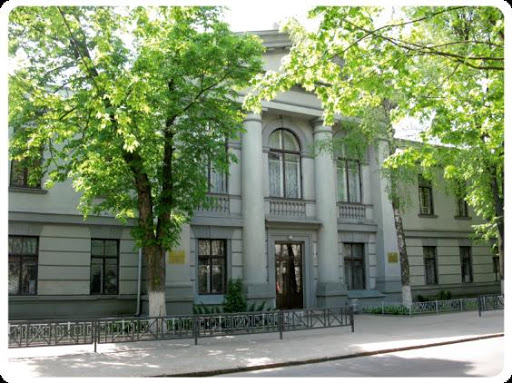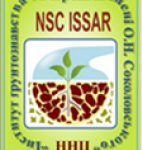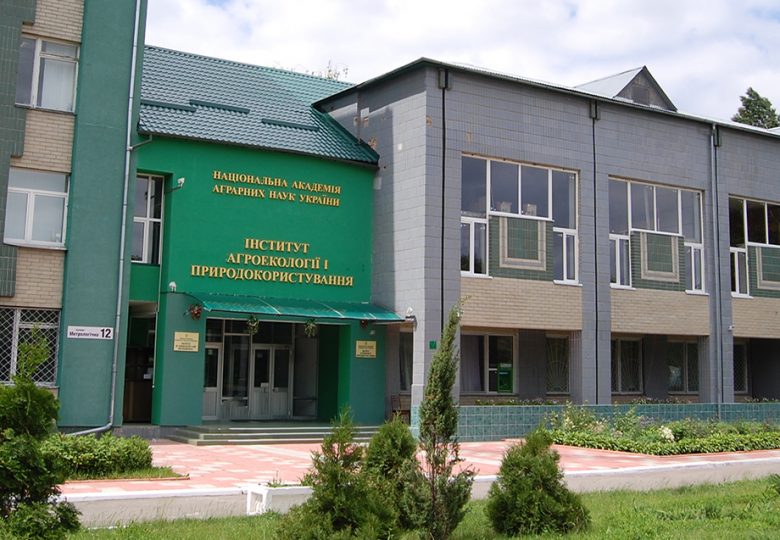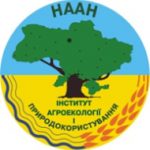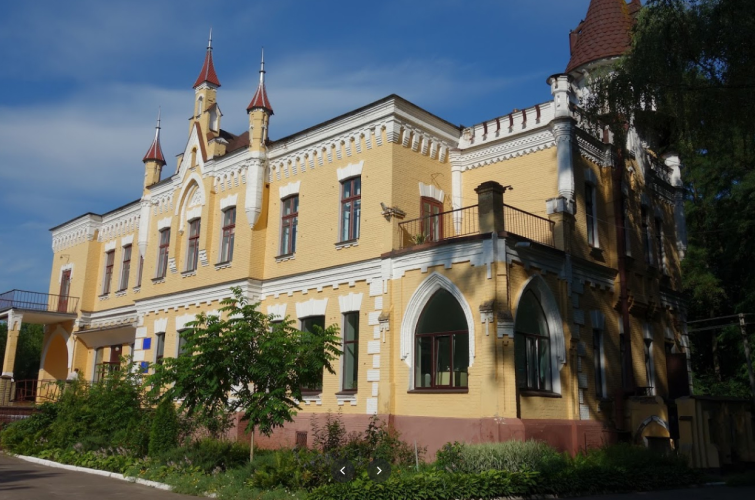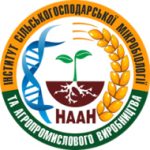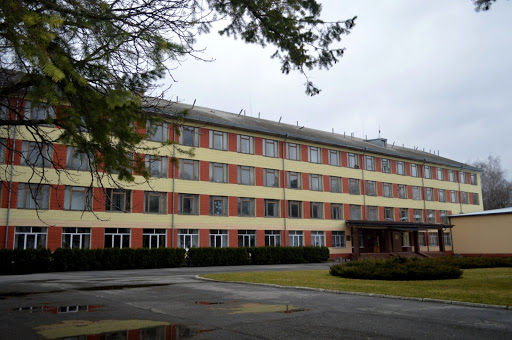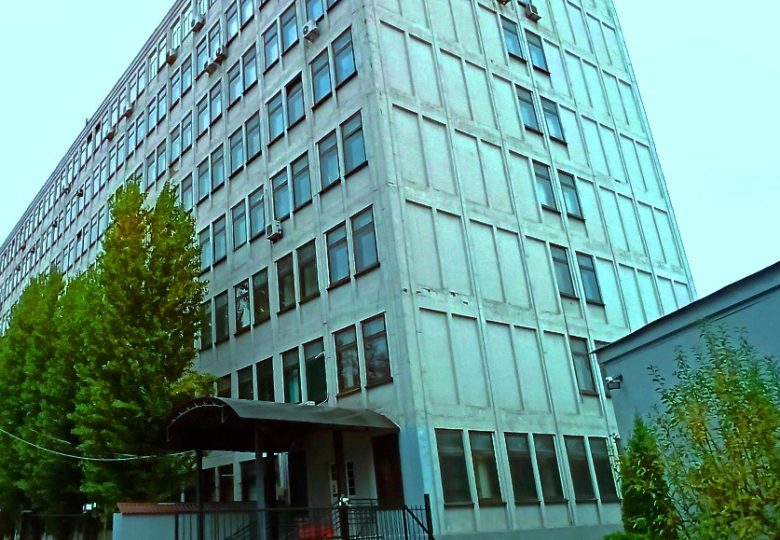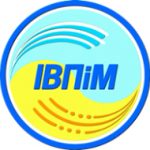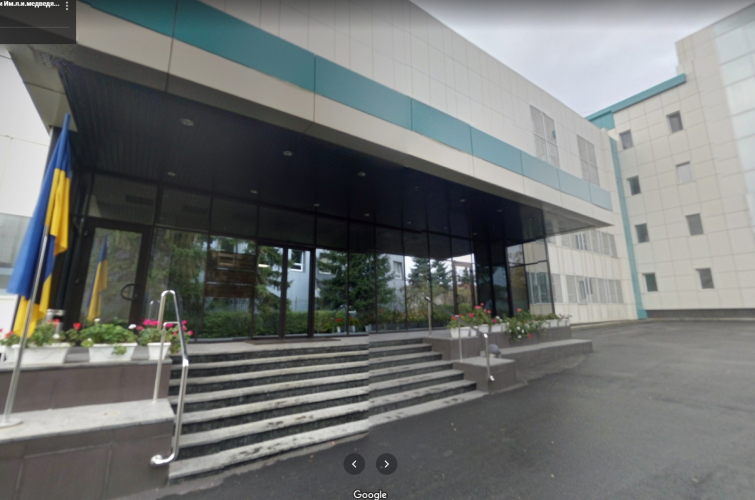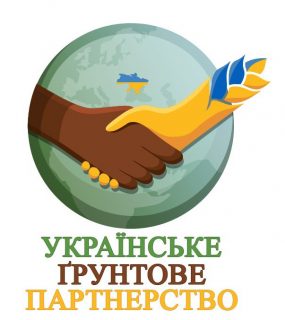
NSC ISSAR is a leading scientific and methodical center, that heads and coordinates research projects on the problems of Soil Science, Agrochemistry and Soil Conservation in Ukraine.
- Development of new scientific directions of soil science, agrochemistry and soil conservation;
- Scientific and methodological, standardization and metrological support in the field of soil science and agrochemistry: - implementation of the functions of the technical committee for standardization on soil science, agrochemistry and soil protection
- Creation of modern soil-geoinformation systems and soil databases in order to improve the diagnosis of the state, assessment and classification of soils;
- Development of soil survey methods based on the latest technologies.
The Institute is a prominent research institution in the area of defining principles of public policy, as well as science and technology in agroecology, environmental management economics, rational use of natural resources and environmental protection.
- Scientific bases of ecological risk management in agricultural production
- Management of the structure of phytocenoses in agroecosystems under climate change
- Management of radioactive contaminated agricultural landscapes
- Management system for the production and quality of products in medicinal plants growing
The only scientific institution in Ukraine that determines the foundations of scientific and technical developments in the field of soil microbiology, promotes the introduction of their results into production; coordinates scientific research of many scientific institutions of the country.
- Soil microbiology
- Biological plant protection systems
- Zootechnical microbiology
- Scientific support of agroindustrial manufacture
The Institute is the main scientific institution in Ukraine, which carries out scientific and technical activities in the field of agriculture, the development of adaptive-landscape farming systems based on stabilizing land use, preserving and increasing soil fertility, maintaining ecological balance in agroecosystems.
- Farming systems and soil fertility
- Technologies for grains, pulses and forage crops
- Selection and seed production of agricultural crops
- Innovative activities and economics
Leading scientific institution focused on the problems of water resources and reclamation systems, scientific bases of sustainable water use, preservation and reproduction of water resources, scientific and technological principles for the development of reclamation lands;
- Development and improvement of a regulatory and legal support system for water management industry in terms of operation of water management and reclamation systems, monitoring and protection of water resources and reclaimed soils;
- Design of irrigation and drainage systems and designer supervision over their construction and operation;
- Technical inventory, energy audit and the improvement of energy efficiency of irrigation and drainage systems;
- Topographical, geodetic and soil surveys of territories (front-end engineering);
Leading network of agricultural monitoring laboratories
- Survey of soil cover, monitoring of soils with issuance of agrochemical passport of the field, land plot;
- Land-use planning;
- Land management projects that provide ecological and economic justification for crop rotation and land management;
- Technical report on the survey of soil cover of land plots for the establishment of perennial plantations;
- Development of design and estimate documentation for chemical soil reclamation;
Leading research institution of the Ministry of Health of Ukraine on chemical safety, food safety, hygiene and toxicology of pesticides, agrochemicals and other potentially hazardous to human health chemicals. The research institution has a quality system accreditation to ISO 17025: 2017 and GLP.
- Determination of environmental contamination by toxic elements, pesticide residues (more than 800 active substances), their metabolites and impurities, dioxins, polychlorinated biphenyls, and other potentially hazardous chemicals;
- Behavioral research of toxicants in the soil (active substances of pesticides and their metabolites, heavy metals, etc.);
- Development of hygienic standards for the content of chemicals in soil and agricultural raw materials;
- Development and validation of methods for determining the content of pesticides, heavy metals, dioxins and other toxicants in soil;
- Ecotoxicological survey of soils while using plant protection products and chemical pollution.
The Association was established to support and promote sustainable soil and land resources management to ensure food security and to increase the capacity for adaptation and mitigation to climate change. The activities of the association will contribute to the achievement of national and global common goals by implementing the principles of the Global Soil Partnership (Global Soil Partnership) set out in the World Soil Charter for all stakeholders on the basis of a fair and transparent partnership for all participants.

